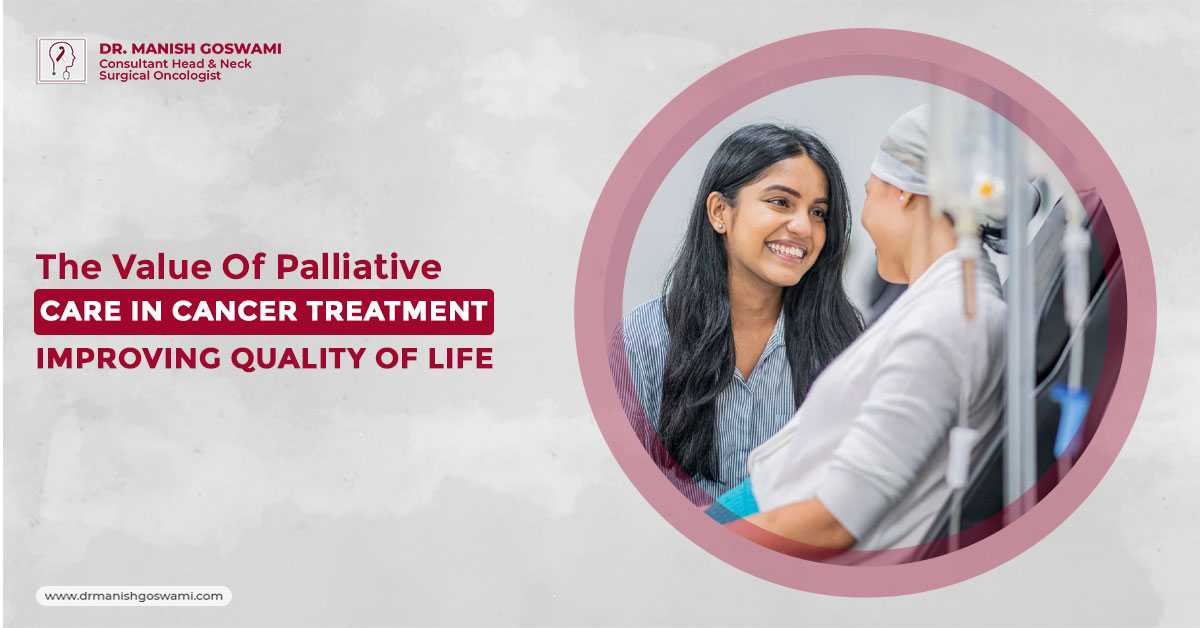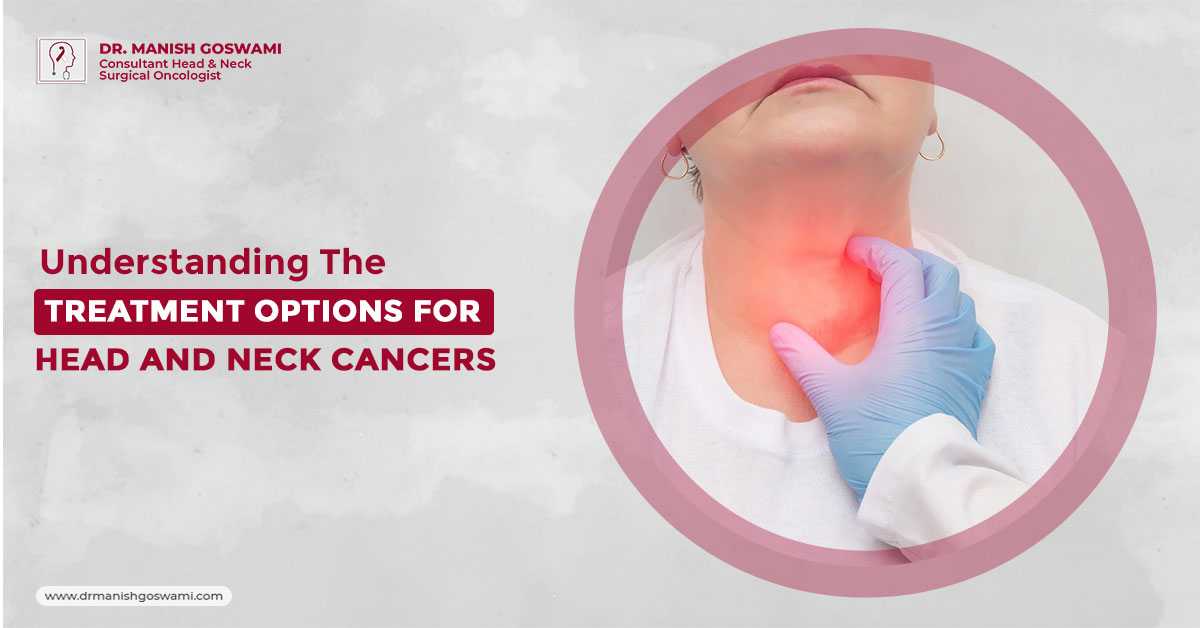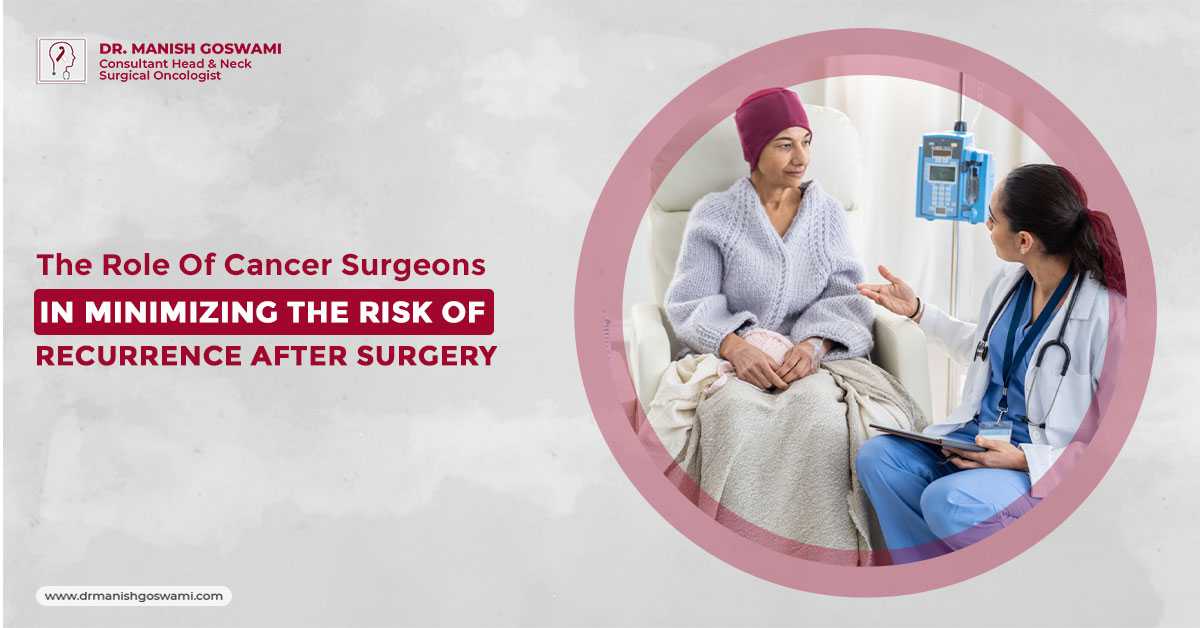Oral cancer a.k.a. mouth cancer is a form of head and neck cancer that is also called oral cavity cancer which typically affects people aged 60 and older. When appears, it also affects your tongue, mouth, tonsils, and the sides and back of your throat.
If you experience any signs and symptoms that bother you and persist for more than two weeks, you can consult a cancer specialist in Siliguri. Oral cancer can affect your lips, gums, cheeks, tongue, mouth floor, the roof of the mouth, and the area right behind the teeth.
In most cases, people with oral cancer experience problems with their lips and mouth with white patches or sores that bleed. Though it's not clear what causes and leads to oral cancer. Thus, doctors recommend keeping your mouth clean every time you eat or drink and also avoiding smoking, tobacco use, and alcohol.
According to a report, many people when eating or drinking anything not take care of their oral health and are left untreated. As cancer formation takes time, thus as time passes, later stage in life this negligence results in oral cancer and depending on the stage, quickly spread throughout your mouth and throat.
Oral Cancer: Symptoms
- Mouth sore that doesn't heal
- A lump inside the mouth
- Loose teeth
- Mouth pain
- Ear pain
- Difficulty swallowing
- Sudden weight loss
- Chronic bad breath
- Numbness on your face and neck
- White or red patch in the mouth
Activities That Helps To Develop Oral Cancer
- Smoking cigarettes
- Chewing tobacco products
- Consuming excessive alcohol
- Human papillomavirus (HPV)
- Family history of oral cancer
According to a medical report, more than 24% of people who develop oral cancer don’t smoke, use tobacco, or drink alcohol which clearly doesn't mean that you are safe. It's true that cancer formation takes time and thus it's important for you to consult your oncologist when you notice any unusual signs orally.
Oral Cancer: Diagnosis & Treatments
Your doctor will check the entire inside of your mouth and ask you for a few tests such as:
- Physical examination
- Brush biopsy
- Imaging tests
- Incisional biopsy
- Indirect laryngoscopy
- Indirect pharyngoscopy
- Direct pharyngoscopy
- Direct laryngoscopy
Usually, there are different treatment options for oral cancer such as:
- Surgery
- Radiation therapy
- Chemotherapy
- Targeted therapy
- Immunotherapy
Now, depending on your age, your overall health conditions, the kind of oral cancer you have, and the area where it spreads your cancer specialist in Siliguri recommends the treatment.
Early detection of oral cancer can decrease the chances to grow or further spread. You can also use a monthly self-exam to determine whether you have oral cancer or not.





